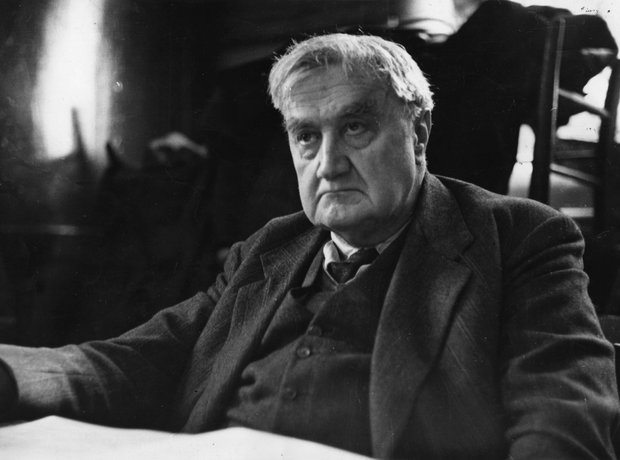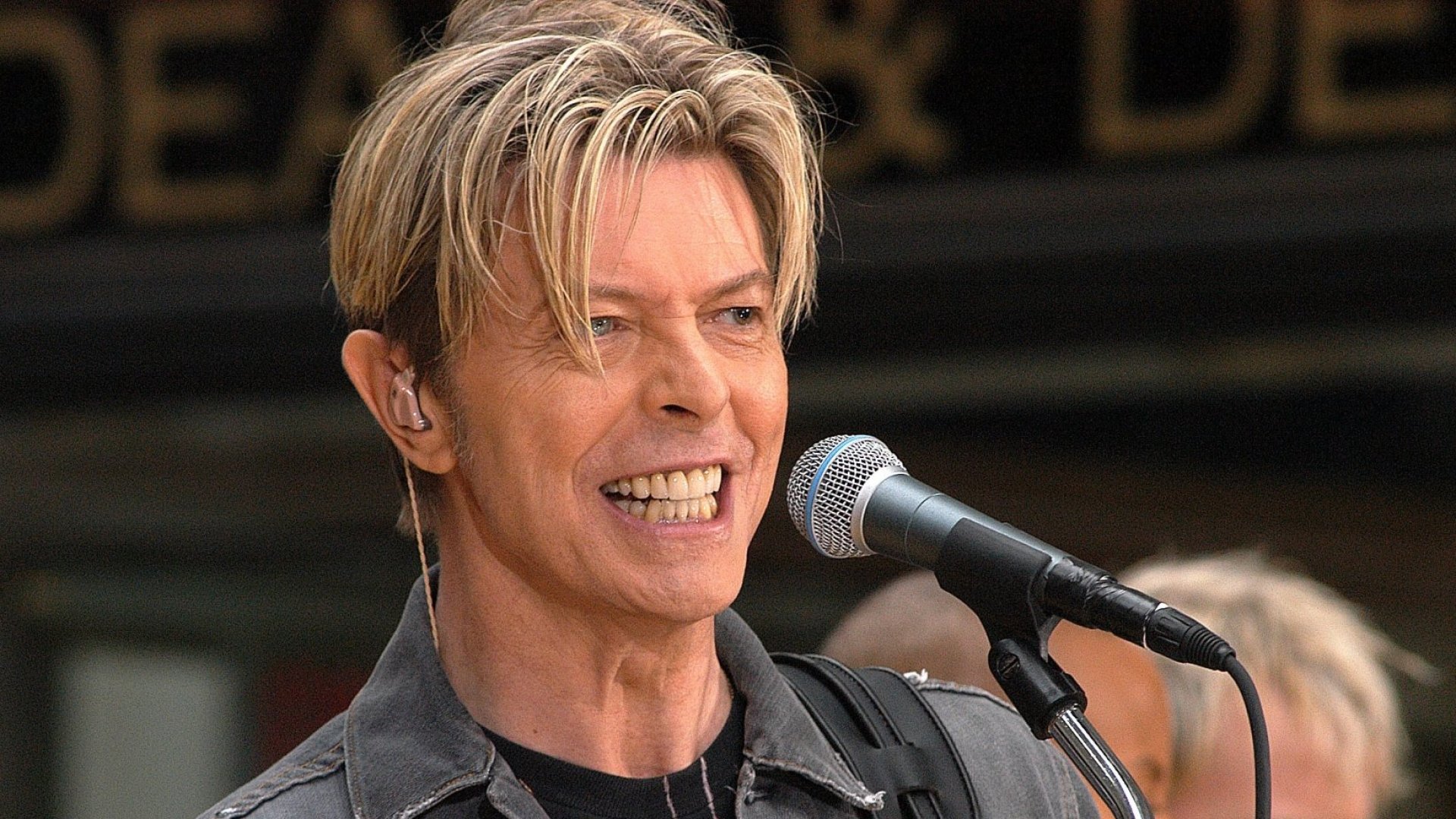Throughout the 18th and 19th centuries, the British composers started making a name for themselves in chamber and classical music. Generally British composers followed the same musical movements from the rest of Europe (well, Western Europe, I suppose). Some of the top classical composers include William Byrd, John Dowland, Henry Purcell, George Frideric Handel, Arthur Sullivan, Edward Elgar, Ralph Vaughn Williams, and Benjamin Britten.
 |
| Pretty sure if he wore glasses, Ralph Vaughn Williams would be the old man in the movie Up. |
There’s a long history of folk music in this area. The folk music from the UK included styles like sea shanties, jigs, hornpipes, ballads, laments, and carols. Many of these are also tied in with folk dancing. Dances like jigs, reels, waltzes, and strathspeys are commonly performed to folk music. Some of the dances that we know as folk dances in the US and elsewhere originated in the UK, like barn dances and square dances for example. Ceilidhs are a type of social gathering in Scottish and Irish culture that consists of folk music and folk dancing. There are also ceilidhs in England, but they’re a little slower than their Celtic counterparts. Quite a few modern bands merged folk music with rock, metal, and punk music.
Instruments vary across the region, but share many in common with many of the instruments throughout northern Europe. Bagpipes have become a symbol of Scottish folk music as well as Irish music. You’ll also hear the fiddle (some evidence shows it’s been in use since the 8th century), various harps, several kinds of flutes and woodwinds, and several brass instruments. Brass instruments found their place in military music. The lute (and similar instruments) was often used in early music, especially during the Baroque period and prior to that. (I’m learning the mandolin right now, and I’m dying to get to the point where I can learn some John Dowland, William Byrd, and other Renaissance pieces.)
 |
| The Beatles |
In modern music, there have been a ton of bands that have hit the international scene when it comes to commercialized music. With the development of rock and roll in the 1950s, it led to the British Invasion of the early 1960s. This included bands like The Beatles, the Rolling Stones, The Kinks, The Who, The Zombies, The Animals, Black Sabbath, and more. It had a huge impact on the American rock scene.
 |
| David Bowie |
A second wave of the British Invasion occurred later in the 1980s and 1990s. This brought along well-known names such as Dire Straits, Elvis Costello, Soft Cell, Duran Duran, Billy Idol, Annie Lennox/Eurythmics, Boy George, Queen, David Bowie, Phil Collins, Rod Stewart, Elton John, Spice Girls, Oasis, Robbie Williams, and others.
 |
| Little Simz |
By the 2000s came, there came another wave of British musicians who would impact the world of soul, R&B, hip-hop, and rock. Musicians like Adele, Amy Winehouse, Joss Stone, Jessie J, Estelle, Taio Cruz, Michael Kiwanuka, Jay Sean, and many more. When it comes to hip-hop, I also have to give a special shout out to Little Simz since she’s one of my absolute favorites, and I just discovered Ocean Wisdom who amazes me with how fast he can rap. And I have to give a special mention to Lack of Afro, who mixes ‘60s soul with funk and hip-hop. I love everything he’s released.
Up next: the food


No comments:
Post a Comment